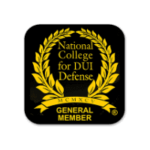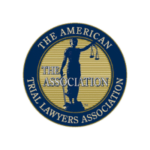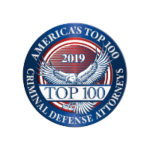FREE INITIAL CONSULTATION
Arizona DUI Defense Lawyers | Ranked Best Phoenix DUI Lawyer – 3,000+ Real DUI Victories | Board Certified Criminal Law Specialists
Below is only a sampling of our Victories and not a complete list. Click on any of the buttons to view the type of charge and individual case results.
Facing DUI charges in Arizona? It is important that you hire an experienced DUI defense attorney who will protect your rights from aggressive prosecution.
In over 20 years of providing the best criminal defense for DUI crimes, the Cantor DUI Lawyers are highly accomplished.
The experienced DUI defense lawyers in Arizona with the Cantor DUI Lawyers handle DUI related cases in the Phoenix area and throughout the State of Arizona.
Ask Yourself, What is Your Future Worth To You?
Contact The Cantor Drug Lawyers at 602-461-8625 or Contact Us Today For Your Free Case Consultation with a Criminal Defense Specialist About Your DUI Related Charges.
Featured in Image:
Partner/Founder, David Michael Cantor & Partner/Managing Attorney, Christine Whalin / Partner, Joey Hamby
OUR HAPPY CLIENTS
What Our Clients Say
Fill out the form below to receive a free and confidential initial consultation.

Board Certified in Criminal Law *
State Bar of Arizona

10.0 Superb Rating
Avvo Criminal Defense

AV-Highest Rated Preeminent Lawyers
Martindale-Hubbell

Member
National College for DUI Defense

Life Member
National Association of
Criminal Defense Lawyers

Super Lawyer
Criminal & DUI Defense

Voted #1 (2020)
Ranking Arizona

Top 1% Attorney
National Association
of Distinguished Counsel

Top 10 DUI/DWI Law Firm
American Institute of
DUI / DWI Attorneys

Top 100 Trial Lawyers
(Criminal Defense)
American Trial Lawyers Association

Top 100 Lawyer
American Society
of Legal Advocates

Lifetime Member
Best Attorneys of America

Top 10 Attorney
National Academy of
Criminal Defense Attorneys

Client Satisfaction Award
American Institute
of DUI / DWI Attorneys

Member
DUI Defense Lawyers Association

Member
American Association for Justice

Member
American Bar Foundation

Charter Member
Trial Masters

Member
America’s Top 100
Criminal Defense Attorneys

Life Member
Arizona Attorneys for Criminal Justice

Sustaining Member
Arizona Trial Lawyers Association

2019 Litigator of the Year
(Criminal Law)
American Institute of Trial Lawyers

Member Since 1989
American Bar Association
Top Lawyer 2023
Phoenix Magazine

